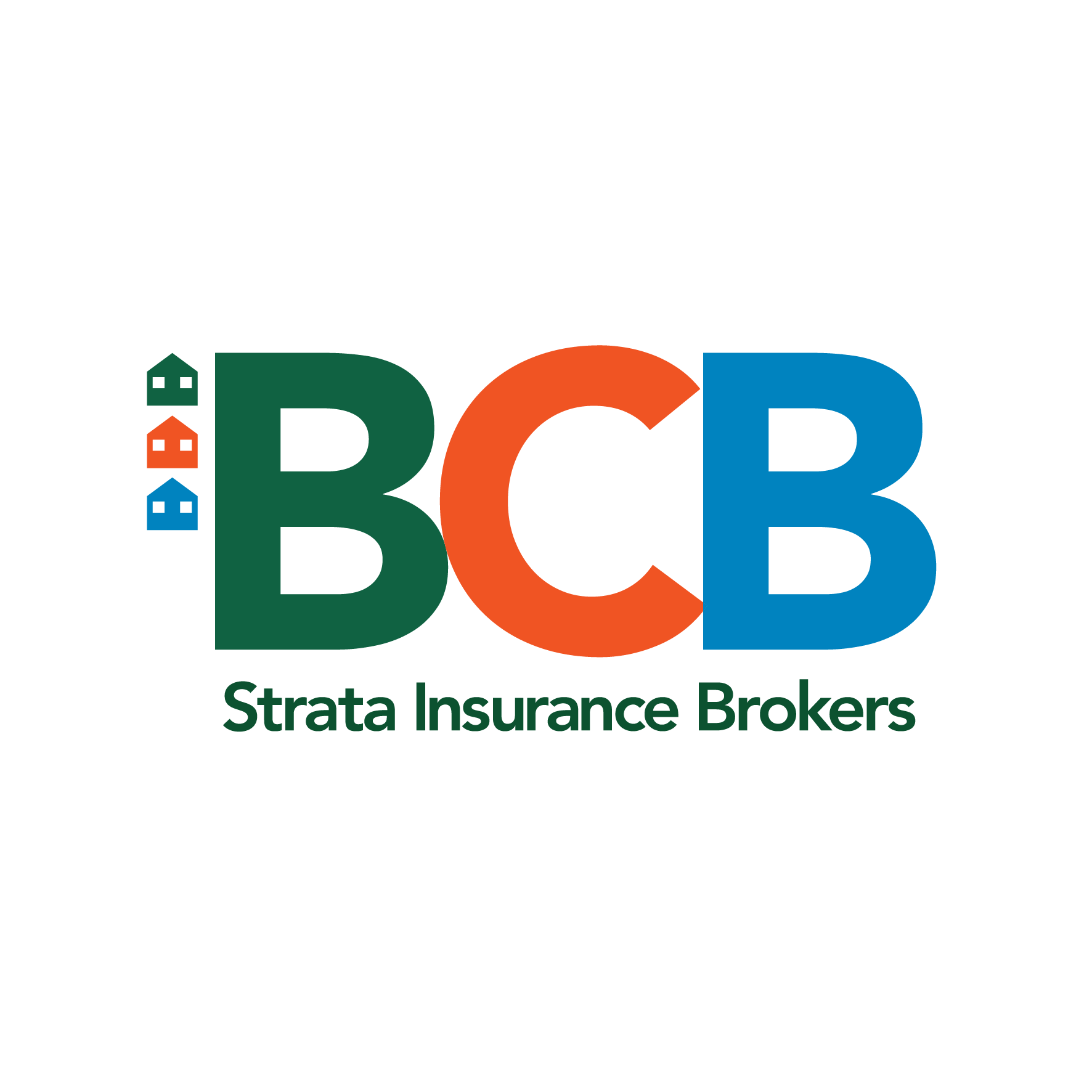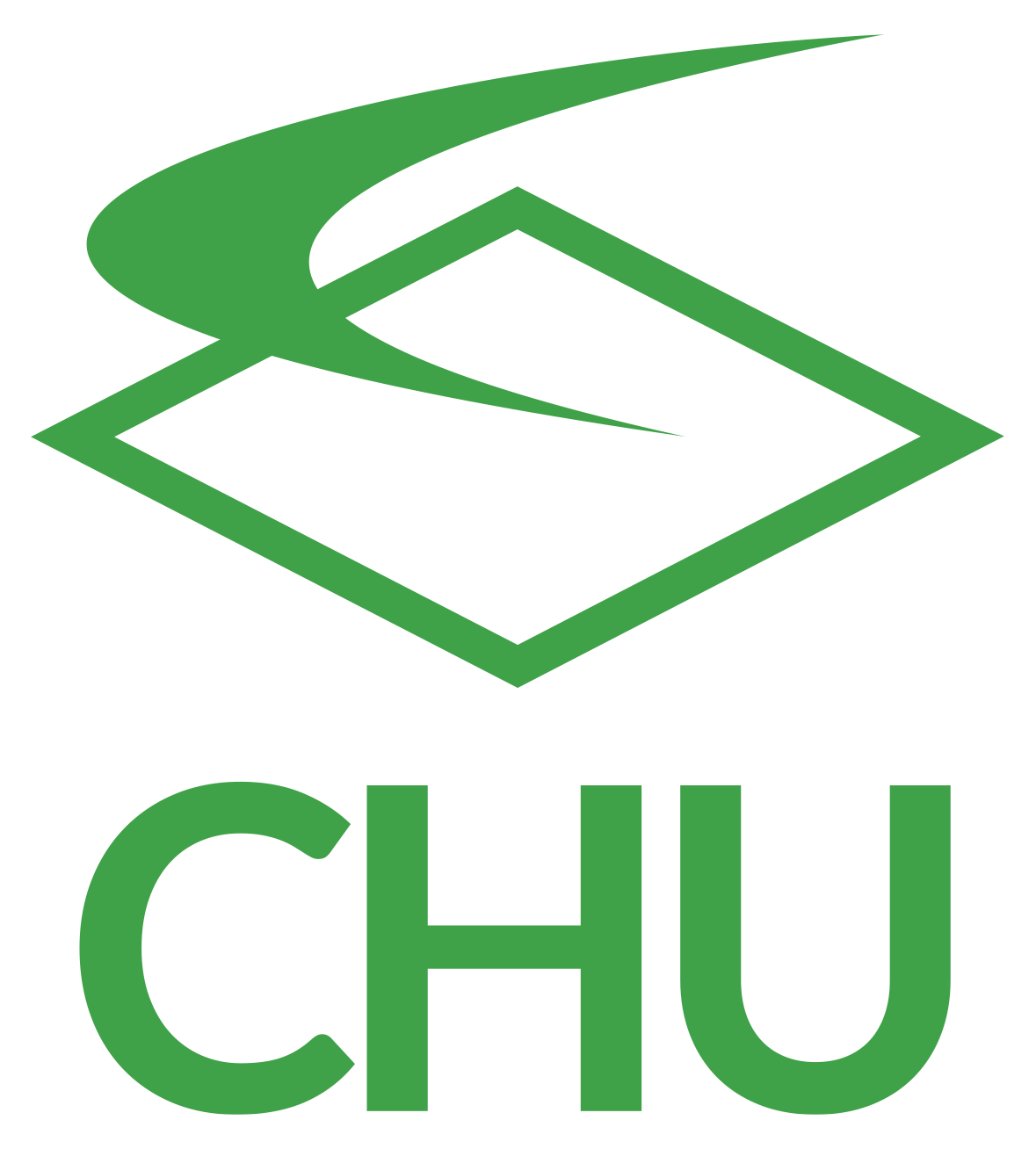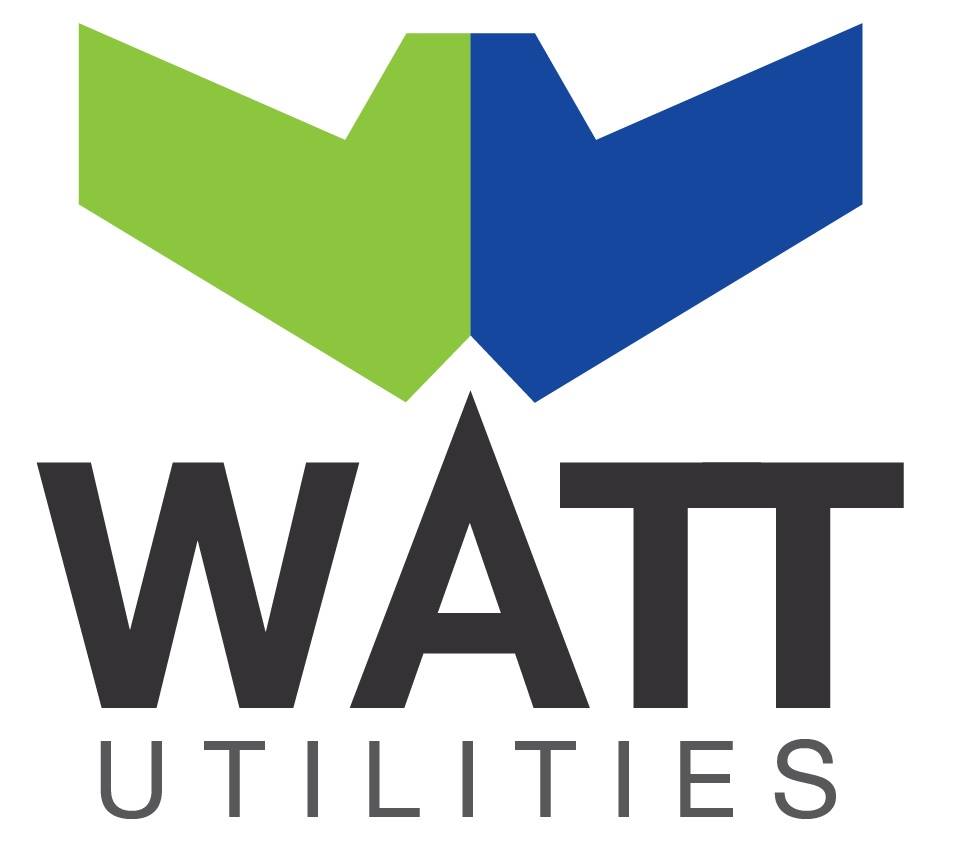COVID-19 has changed many aspects of our life and unfortunately its likely to linger around for the immediate future. Smarter Communities is proud to have led prompt and decisive action to best protect our staff and communities during the onset of COVID. Our teams have firmly proven that even a pandemic cannot dampen our drive to provide the best service to our customers and uphold our corporate values of honesty, quality, curiosity and collaboration.
As always, our priority is to ensure communities we manage continue to run smoothly, especially during turbulent times. Being a national company, we are well resourced and well positioned to guide strata committees through any current and future community issues.
For existing customers, don’t hesitate to contact your Community Manager for assistance or if you are looking to experience better, seamless strata management, click here to Request a Quote or call 1800 519 642 to see how we can help address your community needs.
Once levies have been collected from all owners, they are typically divided into two funds; an Administration Fund and a Sinking Fund.
The Administration Fund is used for regular payments including council expenses, insurance, management fees and payments to service contractors, cleaning, general maintenance and repairs, and utilities such as power and water.
The Sinking Fund is essentially a savings account for the Corporation for future major expenses as the building ages. This fund covers non-recurring maintenance expenses such as painting, tiling, plumbing, carpet and plant and equipment, or the purchase of new Corporation assets.
This budget is based on a Sinking Fund Analysis, or a Statement of Expenditure, which is a compulsory legal requirement for Corporations larger than 6 lots.
Having a healthy Sinking Fund reduces the need to raise a ‘special levy’ to pay for unexpected costs. It makes good management and smart financial sense.
An essential and unique part of living within a Corporation is the necessity to follow set rules to ensure all residents can enjoy their home and live safely and harmoniously together.
Articles are the rules and regulations adopted by the Corporation that all owners and occupiers living within a Corporation legally must follow.
Some strata articles (Schedule 3) are set out in legislation and can be found in the Strata Titles Act. By-laws are established to form the rules for a community and can be found in the Community Titles Act.
Each Corporation can decide on and enforce its own set of rules to suit the way all owners want to live together. It’s important to understand your responsibilities and obligations, and to know which articles/rules apply to your scheme.
ASCM can advise your Corporation how
rules can be changed, or new ones created, to meet the needs of all owners.
Pets, parking, noise, renovations, behaviour of residents, use of common property, and smoking are all common rules established to regulate behaviour in Corporations.
Rules can vary significantly from scheme to scheme. It’s important you know and understand your scheme’s rules and abide by these rules.
Corporations can include penalties for non-compliance and enforce these for any infringements.
Some rules, such as pets and renovations, may require permission from the Committee or the Corporation.
BEFORE you do anything, check the rules or by-laws first, follow procedure and seek permissions.
These rules are in place to protect all residents and to promote a harmonious environment and community.
The administration and management of the Corporation may be performed on behalf
of all owners by a Management Committee.
The Management Committee is a group of owners elected at each AGM who can make many of the day-to-day decisions about running the scheme on behalf of the Corporation, within legal limits, including the control, maintenance and repair of common property.
There are no prescribed minimum or maximum members of a Committee, however, in a Corporation where all lots are residential lots, a Management Committee member must be a lot owner.
The Committee has the responsibility of enforcing the strata articles, or community
by-laws (rules), the ability to make new ones, and must budget how much money is required to maintain your building now and into the future.
It is you, the owner, who votes for the Management Committee.
The Corporation is the legal entity comprised of all owners within a strata or community property.
When you purchase a unit (strata) or lot (community), you automatically become part of the Corporation.
Responsibilities
The Corporation is legally responsible for the overall management, administration and maintenance of the strata or community scheme and the common property.
This includes financial management, arranging insurance, conforming to strata law and articles (the rules), record keeping, ongoing maintenance and managing repairs of common property.
As a lot owner, and part of the Corporation, you also share the ownership and responsibilities of common property with other owners in the scheme.
The Corporation should hold regular meetings to discuss the scheme’s management and decide on a course of action to manage tasks required.
To enable quicker and more precise decision making in your Corporation, every year you can nominate yourself, or vote for candidates, to form the Management Committee at the Annual General Meeting (AGM), who will in turn represent all owners.
It is in your best interest to attend these meetings, especially the AGM. You have a right to participate in the decision making of your scheme and influence how your community functions.
Levies are raised to meet the financial obligations of the body corporate for today and in the future. Levy rates vary from one body corporate to another. This is due to the different size, location, amenities etc of the Scheme.
There are two types of levies: –
Large items are listed below: –
Lifts, cooling towers, heating equipment, repainting common property, repairs to roof and guttering, refurbishing pool and gardens, purchase of additional or replacement pool furniture etc. In other words, large, irregular expenses.
A levy is paid by all lot owners according to their individual lot liability. The schedule of lot liability is set out in the plan of subdivision.
Various payment options are offered including:
Each Corporation is legally required to manage and maintain shared property and services. By doing so comes the responsibility of ensuring the Corporation complies with strata law and regulations.
This takes time, skill and an understanding of the complex legislation. That’s why most Corporations choose to engage the services of a professional strata management company. Just like ASCM.
When contracted/appointed by the Corporation, ASCM is delegated the responsibility of managing the day-to-day affairs of the scheme on behalf of the owners and Committee.
Tasks will vary according to the management agreement, but broadly cover:





